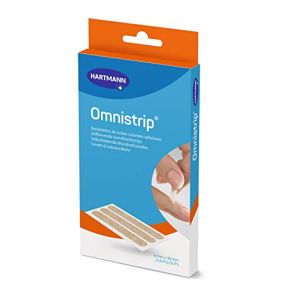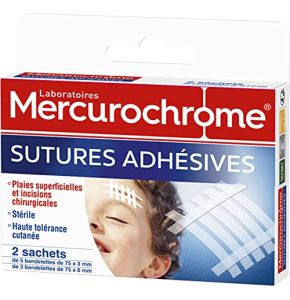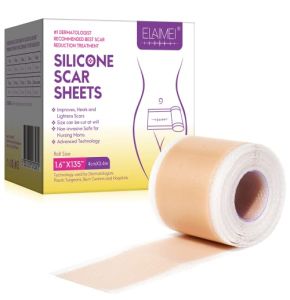Surgical Adhesive
18/11/2024 315
18/11/2024 279
18/11/2024 338
18/11/2024 280
18/11/2024 338
18/11/2024 281
18/11/2024 320
18/11/2024 317
18/11/2024 334
18/11/2024 288
18/11/2024 299
Surgical Glue: A Modern Solution for Wound Closure
Surgical glue is a modern alternative to sutures and staples for closing wounds. It allows the skin edges to be joined quickly and painlessly. Patients appreciate this method because it offers more comfort and often better aesthetic results. Let's explore together in which cases it is used, how to apply it correctly, its advantages and disadvantages, the precautions to take, and how to manage possible complications.
In Which Cases Is Surgical Glue Preferred Over Sutures or Staples?
It is used to close certain wounds. Here are the situations where it is often preferred over sutures or staples:
- Small Clean Wounds: It is ideal for shallow, straight cuts. It allows for quick wound closure without leaving marks.
- Aesthetic Areas: On the face or neck, where appearance is important, it offers better healing with fewer visible scars.
- Anxious Patients: For children or individuals who fear needles, it avoids the pain and stress associated with sutures.
- Limited Time: In situations where quick action is needed, such as in emergencies, surgical glue saves time.
- Minor Procedures: For small surgical interventions, glue is often sufficient to close the incision.
However, it is not suitable for all wounds. Deep, infected injuries or those located in highly mobile areas may require traditional sutures.
How to Properly Apply Surgical Glue to Ensure Optimal Healing?
For surgical glue to work effectively, it must be applied correctly. Here are the steps to follow:
Skin Preparation
Before applying the glue, the skin must be clean and dry. Clean the wound with an antiseptic solution to eliminate germs. Ensure there is no active bleeding. If necessary, stop the bleeding by gently pressing with a sterile gauze pad.
Application Techniques
Gently bring the edges of the wound together using your fingers or sterile forceps. Apply a thin layer of surgical glue to the surface of the skin, avoiding putting glue inside the wound. Allow the glue to spread slightly beyond the edges for better adhesion.
Drying Time
Wait a few seconds for the glue to dry. During this time, hold the wound edges together. The glue forms a protective barrier that keeps the wound closed and prevents bacteria from entering.
Once the glue is dry, avoid touching the area or getting it wet for at least 24 hours. The glue will naturally fall off in about a week as the skin heals.
What Are the Advantages and Disadvantages of Surgical Glue?
Surgical glue has advantages but also disadvantages. Here is a comparison with traditional methods:
-
Advantages:
- Speed: The application is quick, which is useful in emergencies.
- Less Pain: No need for local anesthesia in most cases, as there are no needles.
- Better Aesthetics: Scars are often less visible than with sutures or staples.
- Antimicrobial Barrier: The glue protects the wound from infections by forming a protective layer.
-
Disadvantages:
- Not Suitable for Large Wounds: Deep or large injuries require sutures for better holding.
- Risk of Detachment: If the glue comes off too early, the wound may reopen.
- Sensitivity to Water: Avoid wetting the area during the first 24 hours.
- Allergic Reactions: Although rare, some people may be allergic to the glue.
Depending on the wound and the patient, the healthcare professional will choose the most appropriate method.
What Precautions Should Be Taken When Using Surgical Glue?
Its use requires certain precautions to ensure patient safety:
- Contraindications: Do not use glue on mucous membranes, wet areas like the inside of the mouth, or near the eyes. Also avoid on infected or very dirty wounds.
- Allergic Reactions: Inform the patient of the risk of allergy, even if rare. Monitor for signs of redness, swelling, or itching around the wound.
- Safe Handling: Wear gloves to prevent the glue from coming into contact with your skin. The glue can stick fingers together.
- Proper Storage: Store surgical glue at the temperature indicated on the packaging to maintain its effectiveness.
- Patient Education: Explain to the patient how to care for the wound at home. They should avoid scratching or rubbing the area.
By following these precautions, you ensure the safe and effective use of surgical glue.
How to Manage Potential Complications Related to Surgical Glue?
Although surgical glue is generally safe, complications can arise. Here's how to manage them:
Wound Dehiscence
If the wound reopens because the glue detached too early, you should:
- Clean the wound with an antiseptic solution.
- Bring the wound edges together using sterile adhesive strips.
- Consult a healthcare professional to assess whether sutures are needed.
Infections
If the wound becomes red, warm, painful, or pus appears, it may be infected. In this case:
- Consult a doctor promptly.
- Do not remove the glue yourself.
- Antibiotic treatment may be necessary.
Skin Reactions
In case of an allergic reaction or skin irritation:
- Stop using any products on the area.
- Consult a healthcare professional.
- Soothing creams or antihistamine medications may be prescribed.
In general, it is important to monitor the wound and follow the healthcare professional's advice for trouble-free healing.
Conclusion
Surgical glue is a modern and effective method for closing certain wounds. It offers numerous advantages, such as quick application, patient comfort, and better aesthetic results. However, it is not suitable for all situations. It is important to know the indications, application techniques, and precautions to ensure optimal healing.
In case of complications, prompt management allows for resolving issues and avoiding more serious consequences. Surgical glue is a valuable tool in the healthcare professional's toolkit, offering an alternative to traditional methods.
At Placemed, we offer a range of high-quality surgical glues tailored to the needs of healthcare professionals. Our products are easy to use and comply with safety standards. Feel free to consult our catalog to find the surgical glue that best suits your practice. Together, let's improve patient care with innovative solutions.
 Francais
Francais 
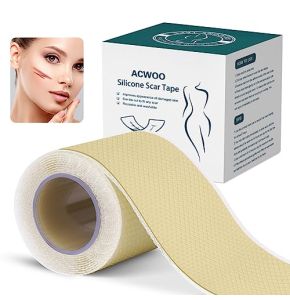
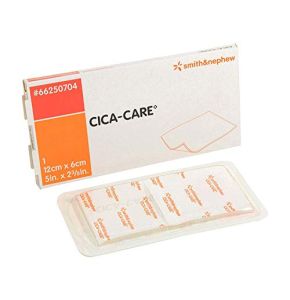
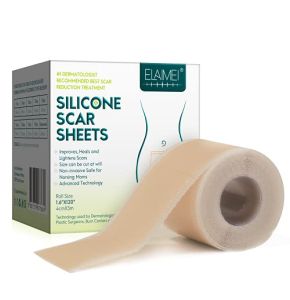
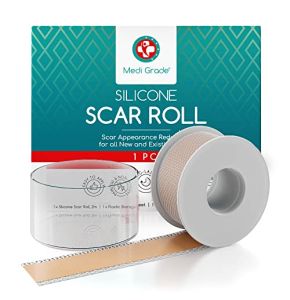
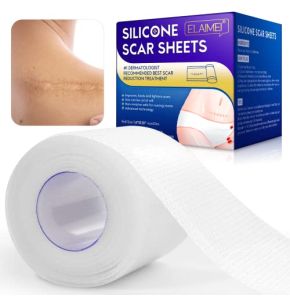
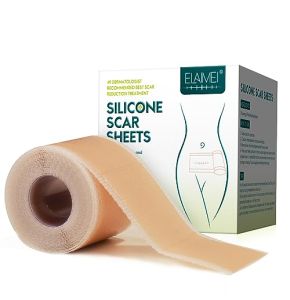
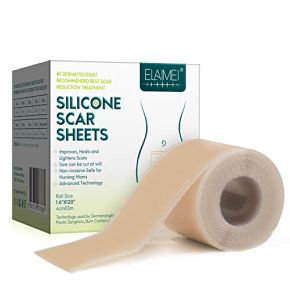
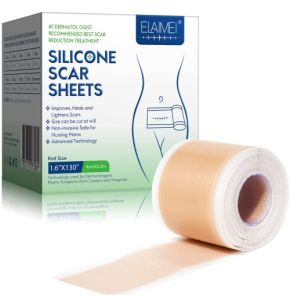
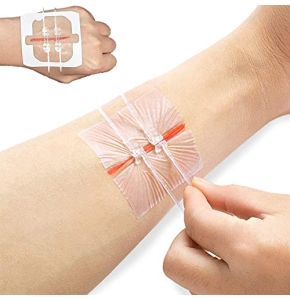
![30 Quick Suture Strips - 102 x 6 mm [Newgen Medicals] 30 Quick Suture Strips - 102 x 6 mm [Newgen Medicals]](https://www.placemed.fr/image/cache/media/catalog/1/b07b4j9t4m_v_1_amaz-290x300.jpg)
